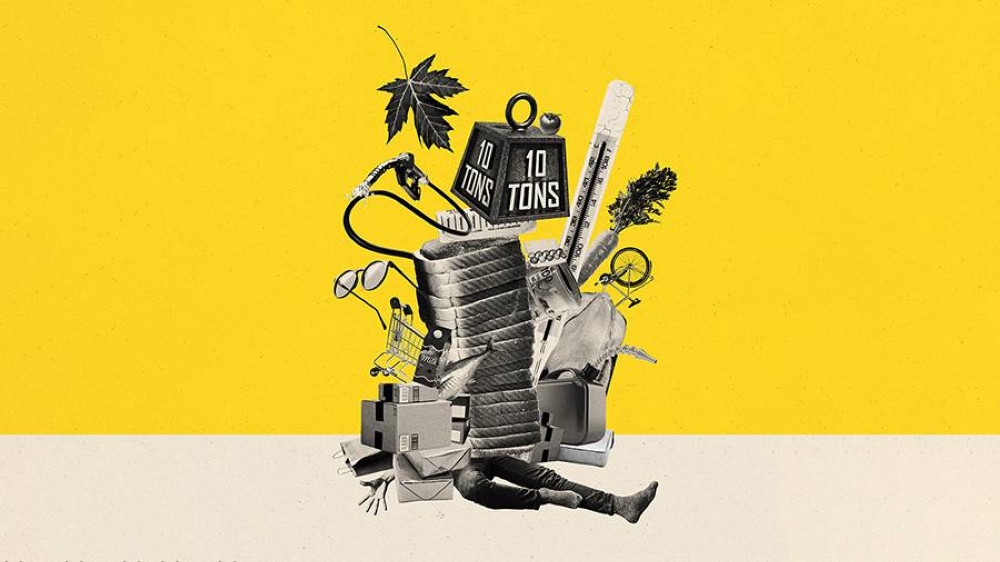Despite the slowdown in inflation rates around the world after central banks raised interest rates to combat inflation, there is a concern among officials that this decline will not continue.
This apprehension explained the uneasy optimism underlying official discussions at the annual meeting of US central bankers in the Wyoming mountains this weekend about whether interest rates have reached a summit, the Wall Street Journal said.
US consumer spending has grown faster than expected in recent months, supported by higher inflation-adjusted wages. Stronger demand prompted concerns that it might prevent inflation from declining further.
On raising the interest rate due to concerns that inflation will not slow down further, Cleveland Fed President Loretta Mester said in an interview on Saturday, "we are very close to a good point, and then well let the economy tell us."
US Fed officials lifted their benchmark federal-funds rate last month by a quarter-percentage-point to a range between 5.25% and 5.5%, a 22-year high. In June, most officials thought they would raise it by another quarter point this year. The Feds next meeting will be held on Sept. 19-20.
The Wall Street Journal said that "US inflation has retreated from a 40-year high of 9.1% in June 2022. The consumer-price index rose 3.2% in the 12 months through July this year. Core prices, which exclude volatile food and energy categories, increased just 0.2% on a monthly basis in June and July, extending a broad slowdown in price pressures."
Fed Chair Jerome Powell said on Friday that the central bank could "proceed carefully," which means officials would hold rates steady next month and decide whether to raise them again at their meetings in November or December.
Meanwhile, the Financial Times said that the "eurozone inflation has halved from last years peak of 10.6 per cent and is expected to drop further when August data is released on Thursday. The key question is whether it will slow enough to convince the European Central Bank to stop raising interest rates."
The head of European economics at consultants Oxford Economics Angel Talavera said that the European Central Bank's decision "still looks a coin toss", while predicting a "small decline" in inflation would be enough for the central bank to pause its hiking cycle. He warned, "if the annual figure fails to decline, this could be enough for ECB hawks to gain the upper hand and push ahead with another rate hike in September."
The newspaper stressed that a rebound in European tourism this summer could keep services inflation high. This would complicate matters for the European Central Bank, which has said underlying inflation- of which services are a big driver- needs to fall sustainably before it will stop raising rates.
Business
Wall Street Journal: Despite its slowdown, there is no sign of the end of battle against inflation

Illustration by Klawe Rzeczy
